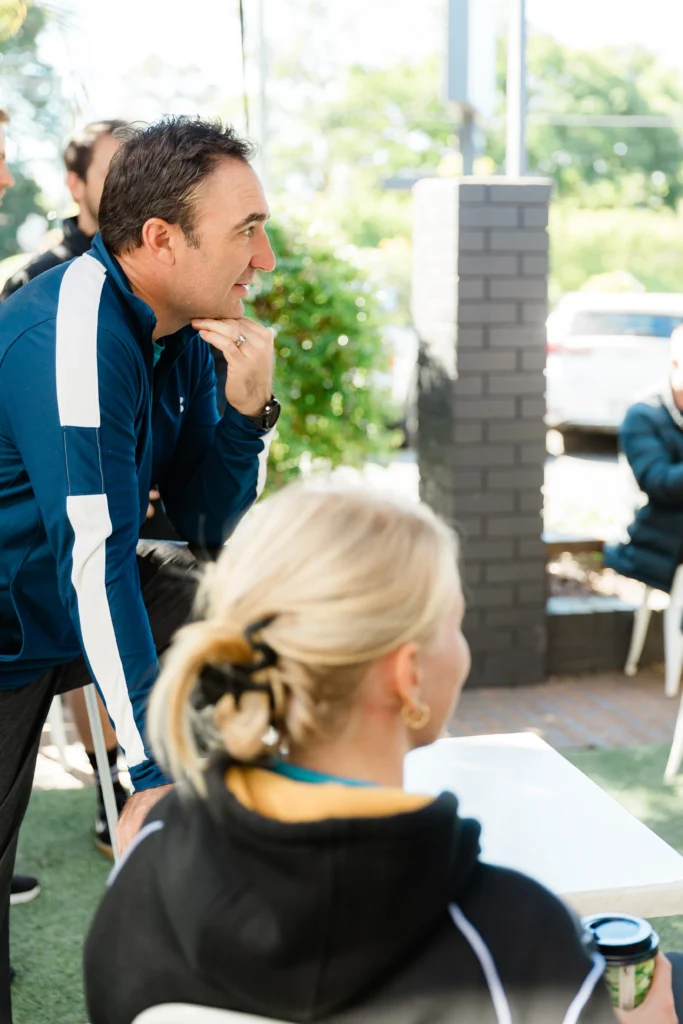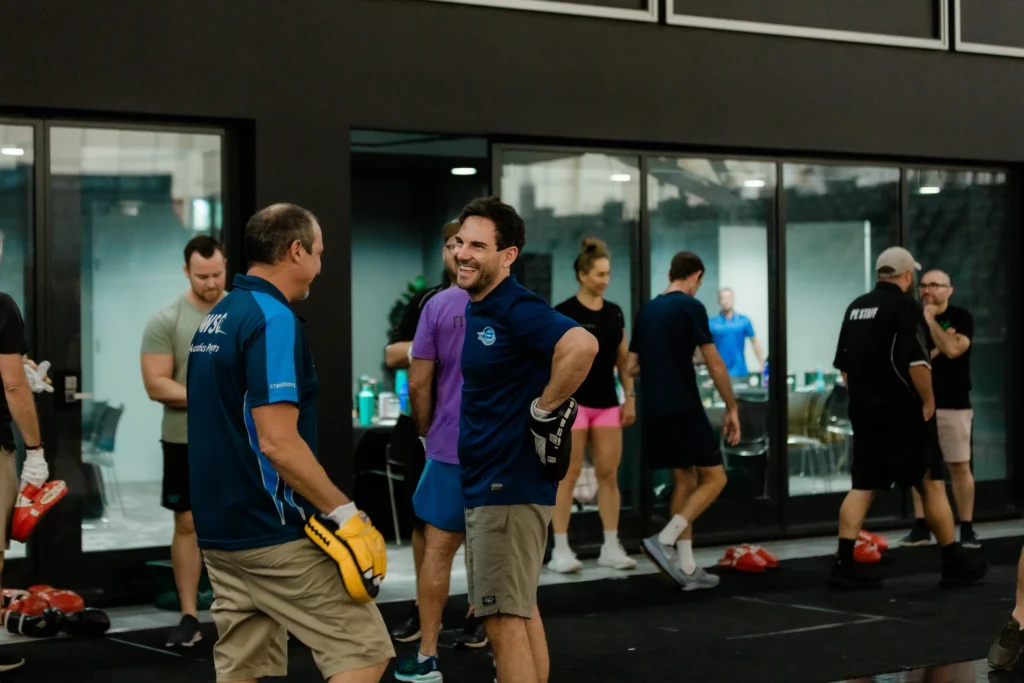Steve Nance
Junior sports play a significant role in Australia, with thousands of children participating every Friday, Saturday, and Sunday mornings. From the fields in local parks to the grand stages of national championships, the spirit of junior sports thrives across the country. As a devoted supporter and family member of the Under 6 Clovelly Crocodiles, one of Australia’s cherished junior teams, I’ve had the privilege of witnessing firsthand the joys and challenges of coaching young athletes. When my son-in-law, a fresh-faced coach, sought advice on training techniques and game management, it dawned on me—the importance of a positive and enjoyable environment for these young people.

Making it FUN: The Foundation of Junior Coaching
My first response was, and still is, to make it FUN. If it’s not fun then they won’t like it and secondly they won’t turn up. Eventually they’ll tell their Mum’s and Dad’s they don’t want to play. At 5 or 6, they are really too young to grasp real cognitive instruction, so a lot of structure goes out the window. Structured training drills should be constantly adjusted and changed and more often than not should be made into little games and contests. But it must be FUN, especially at the end of training sessions, when they and their parents are most impressionable.
Navigating the Fine Line of Competition
Contests at training, little competitions amongst individuals and groups can really bring out the best in all of us, but especially in kids. It’s a bit of a fine line though as in most junior competitions there is apparently no winning . However last week I asked my grandson if they won and he said you can’t keep scores but we scored five times to three. I am on the fence a bit here with no points and no competition table. I know quite a few sociology sport studies have cited that keeping points and a points table is really for parents only, not for the kids. But, when does competitions start or need to start? At school they are graded on intelligence and attitude. In fact with NAPLAN the nation competes with each other; schools compete against each other. In fact schools vie for better marks to attract students especially in the private sector. In other areas they are graded on performance such as music or dance, so why not junior sport? Not sure. I certainly don’t condone that win at all costs attitude adopted by some parents and coaches in junior sport. But in sport, (that is a competition) isn’t the actual nature of the contest to see who can do well and win. However, at any level, winners must be humble. In fact, winners should be more than humble and losers should accept the result and be gracious. These are all important life lessons.
The Parental Factor: Nurturing a Supportive Environment
Parents are where a lot of the problems begin. Some sports in the U.S. have banned parents from watching games. Others have no barracking and no noise. Why?, because there are some parents who can’t help themselves with their abuse of their own kids, the opposition and most importantly, the officials.
I watched an interview recently with the head of the NRL referee development. He said the greatest problem with getting young people to stay in refereeing was the abuse they copped from spectators. He stated that they had no problems getting young men and women to begin refereeing, but they had a horrible retention rate, mainly due to crowd abuse. I was guilty of it, especially when I was younger, inexperienced coach. It took me a while to realise that referees and umpires make mistakes. It’s part of the game and we need to accept it. I coached a First XV GPS Rugby team for eleven years and some of my behaviour in those early days certainly left a lot to be desired.

Teaching Beyond the Field: Values and Responsibility
At an early age it’s a good time to start teaching kids that being a part of a team comes with some responsibility. (Often it is the parents responsibility to help develop those values). Being on time, correctly attired with the right equipment and with a good attitude. Accept the referee’s decisions. No arguing with the referee or teammates. Accept the result. Be humble if you win and gracious if you lose. Listen to your coach. Expect to be a reserve sometimes or be subbed off. (I watched an U12 rugby game last weekend and the best player was rotated and subbed off and he spat the dummy. Not good).
Most importantly, make it fun. Enjoy it. It’s arguably the most important ingredient.
The Role of Education in Sporting Excellence
At Fit Education, we recognise the pivotal role that education plays in shaping the future of sports coaching and development. Our Diploma of Sport curriculum covers a range of topics, including leadership, psychology, ethics, and integrity. By investing in education, coaches and aspiring athletes can equip themselves with the knowledge and skills needed to make an impact.
In conclusion, coaching junior teams isn’t just about wins and losses; it’s about nurturing a love for the game and instilling values that last a lifetime. By prioritising fun, fostering a supportive environment, and embracing the educational aspect of coaching, we can ensure that every young athlete’s journey is fulfilling and enriching. So let’s lace up our boots, grab our whistles, and embark on this rewarding adventure of coaching junior teams to success and enjoyment. Together, we can inspire the next generation of sports stars and cultivate a culture of excellence, respect, and joy on and off the field.
About Steve Nance.
Steve has worked extensively in professional sports both in Australia, France and England. He has been in charge of the physical preparation at several high profile organisations including: Brisbane Broncos, Nth Queensland Cowboys, ASM Rugby France, Bordeaux Begles France, Queensland Reds, Fulham FC England and Leeds Carnegie Rugby England. A highlight was being of the coaching staff for the 1999 Rugby World Cup when Australia won.Steve teaches the Cert III and IV in Fitness on campus courses and works at the Fit Lab Toowoomba, in charge of a large staff incorporating full time Exercise Scientists, Exercise Physiologists, Strength and Conditioning coaches and other allied Health Professionals.

One Response